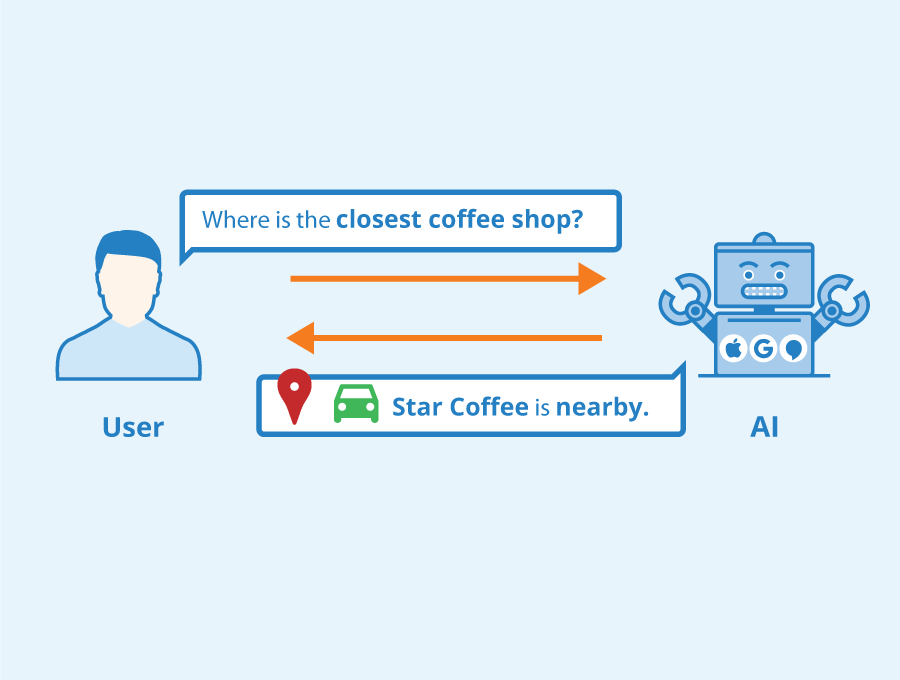We have a specific set of lessons regarding usage of search engines. But rather than concentrating on the technical subjects of web search, in this article I want to address come creative aspects.
When we try to search for answers it is interesting to consider the issue from various perspectives: the issue we are looking for, the same issue with additional details, other related details, various sources of informations, various ways the issue can be useful. Sometimes we find an answer the first time we formulate the question, but other times we need to try several perspectives before finding the right one.
Not all knowledge is equal. Try disambiguation of the things you are looking for: a presentation, a patent, a scientific article, influential blog mentioning. Very often the right answer exists in some wiki, so just adding the word “wiki” to the search line improves the results.
Persistence is correlative to success. Do try the first 3-5 pages of search results. Not everything you need to find appears on the first page. This is especially true if you are looking for rare or specific stuff.
“Follow that thought” is a good mantra when looking for answers. One link leads to another either via adding or removing keywords or via introducing references. With some luck you learn whole new unexpected perspectives of treating the subject.
Do keep a document with excerpts from important finds and links to these finds. It may be hard to recreate the success. Often the search for the right knowledge lasts for a long time and you need to retrace your steps. Good mental markers help to some extent, but not always.
If everything fails, try to look for images corresponding to the keywords. It will clear your mind and open you to new perspectives. Try to share your thoughts with others. In worst case scenario there are paid search services. The paid search is not always better than your own search, but it does provide new perspectives.
You do need superior reading skills to categorize good vs bad links. Try to open several good links before your read each. The speed of reading required to decide good vs bad information is significantly higher than the speed required to analyse the information, and you may fail to adapt.
Superlearner needs to research a lot, so searching the web properly may be extremely important for you. One of the things you re-learn in PhD is how to read and how to write properly. A person with PhD will always have an advantage when reading scientific documents, but may fail to handle the amount of knowledge that superlearner can handle with ease.


Get 4 Free Sample Chapters of the Key To Study Book
Get access to advanced training, and a selection of free apps to train your reading speed and visual memory
